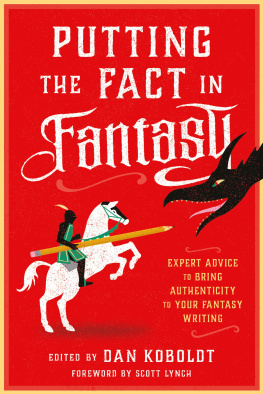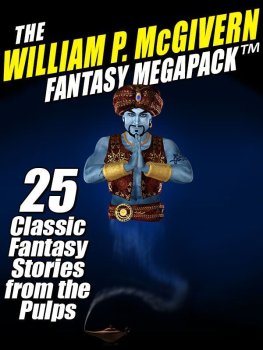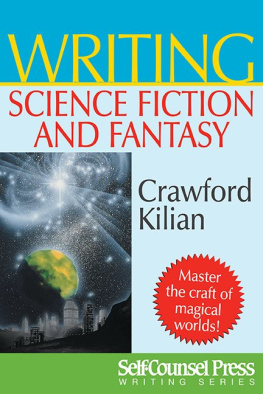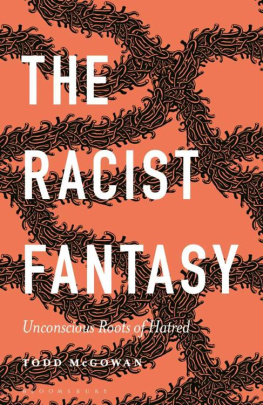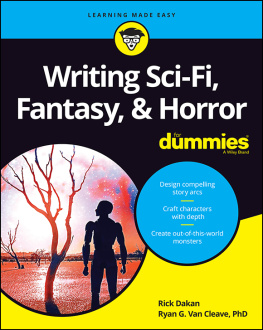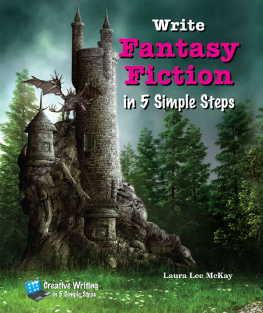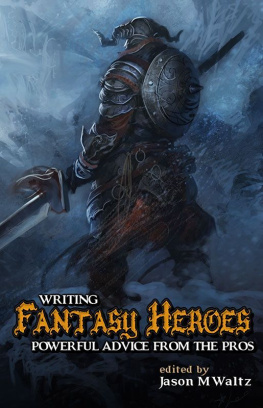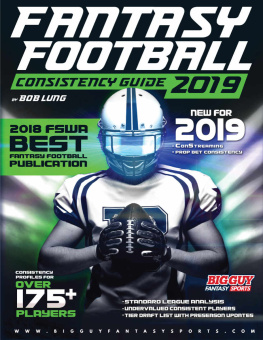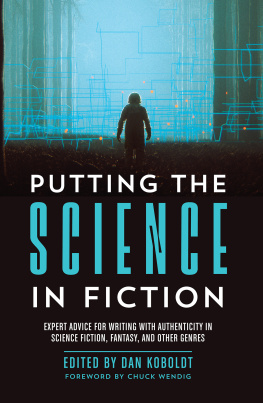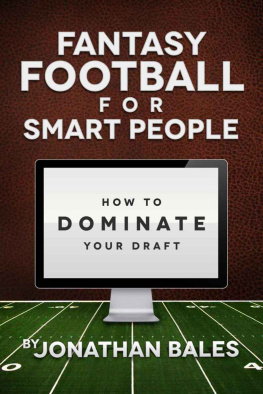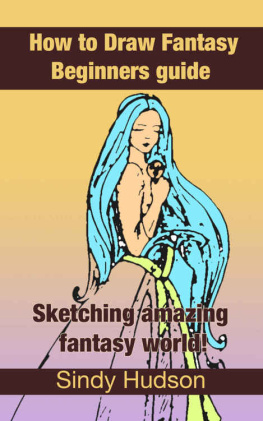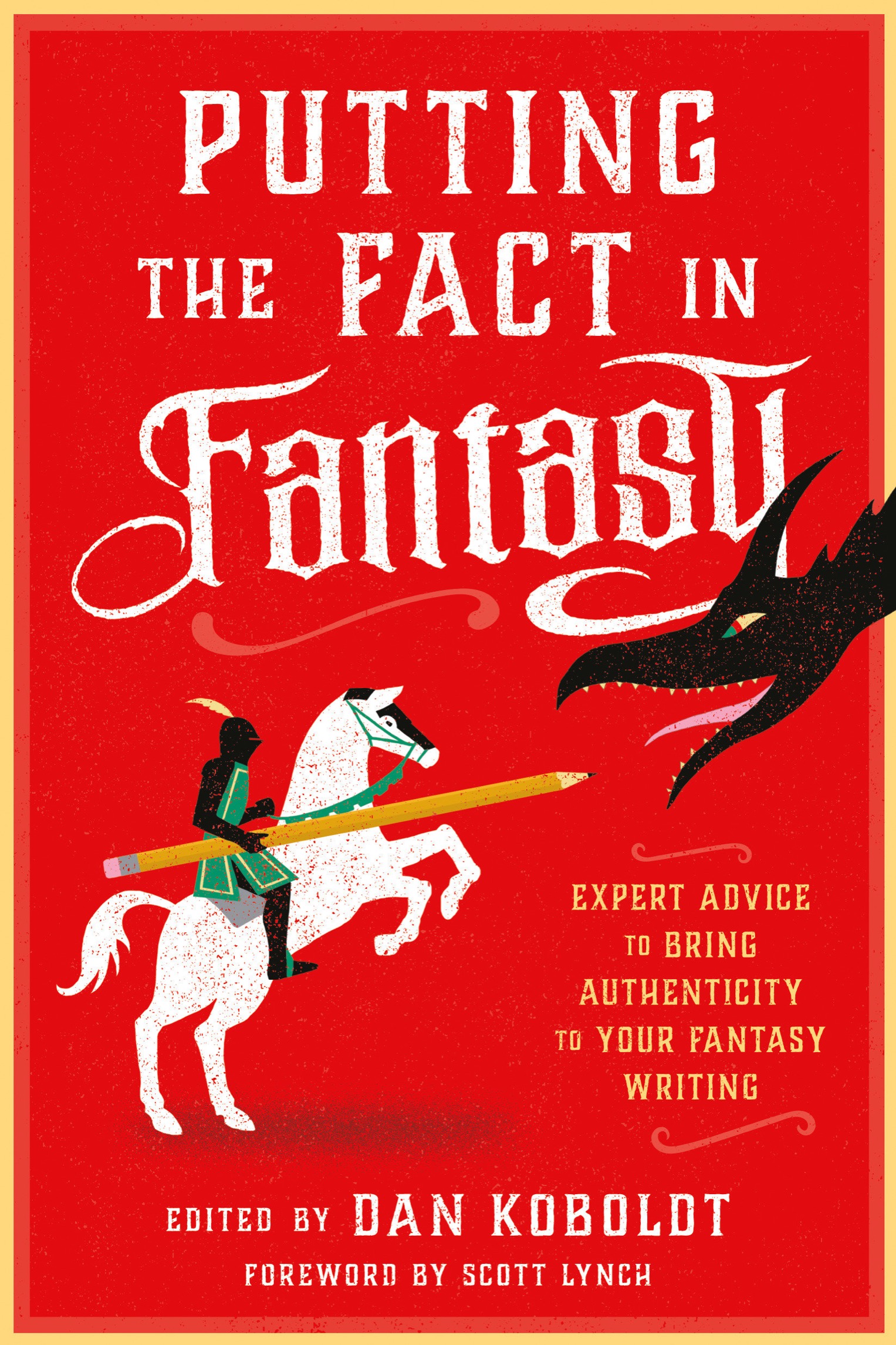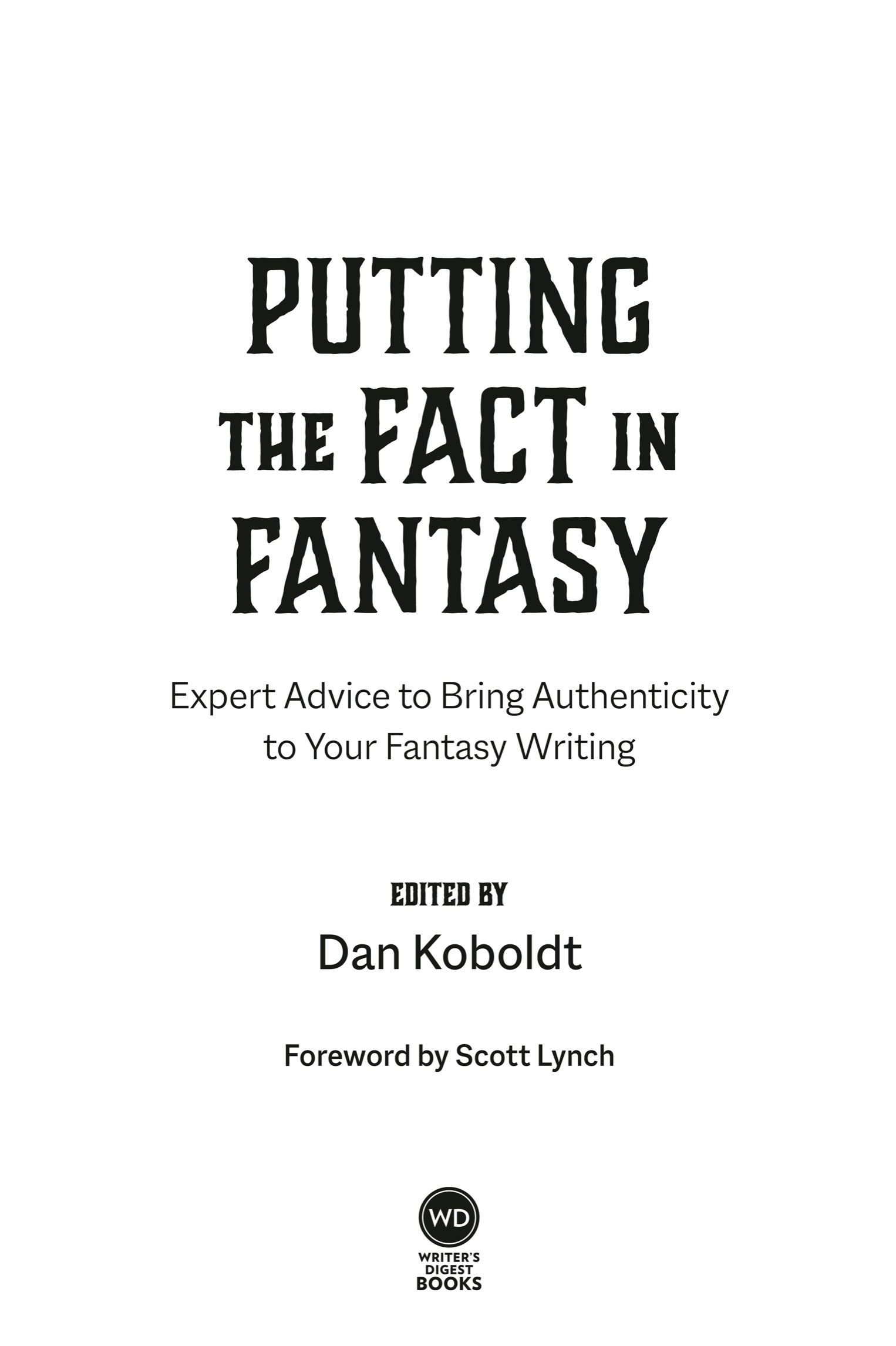Copyright 2022 by Daniel C. Koboldt
Penguin supports copyright. Copyright fuels creativity, encourages diverse voices, promotes free speech, and creates a vibrant culture. Thank you for buying an authorized edition of this book and for complying with copyright laws by not reproducing, scanning, or distributing any part of it in any form without permission. You are supporting writers and allowing Penguin to continue to publish books for every reader.
FOREWORD
THE POINT IS TO SCREW UP BETTER
A PEP TALK ABOUT RESEARCH AND WORLD-BUILDING
As a boy in the 1980s I was fascinated by a television miniseries called North and South, which told a story of the American Civil War and seemed, to my young eyes, an infinitely vast epic starring every actor in the known universe. Duly inspired, at the ripe age of ten I set out to write my own multivolume narrative masterpiece concerning the War Between the States. Most of my previous (incomplete) attempts to write books had been based on cartoons or games, but with this project I entered a new phase. This would be a real novel, for big people. It had to be full of big ideas! It would have battles on water and on land! It would detail the triumphs and tragedies of families on both sides of the struggle! In my head I imagined I might need six or seven volumes to cover the whole grand story. A thousand pages a volume, at least! The covers would be great, too, with lots of explosions! Big explosions for the biggest bigness ever dreamed up by a guy with a whole decade of life experienceMen of Blue, Men of Gray!
(Im not kidding; thats absolutely what I was going to call it.)
Dizzy with excitement, I sat down to commence the great work. Ballpoint pen met notebook paper.
Exactly one and a half pages later, I gave up.
In that page and a half, a plucky Alabama boy on the cusp of manhood woke, ate breakfast, shaved, hitched up his trusty plow horse, and started a days work on his farm. Thats it, the complete summary of Men of Blue, Men of Gray: A guy ate breakfast. In the middle of that second page I discovered an invisible wall, and my eager little brain slammed into it at the figurative equivalent of two hundred miles per hour. Although I was not a child that anyone would have called rich in self-awareness, my work was halted by a sudden shocking insightI had no idea, not even a tiny fraction of any idea, what the hell I was writing about.
I knew nothing about living in the American South, I was a complete stranger to being on the cusp of manhood, and I was still years away from shaving. I didnt know what someone in 1861 would have eaten for breakfast, I had no clue how to hitch a horse, and while I was loosely aware that fields were plowed, I was nonetheless innocent of all procedural knowledge. There wasnt a single thing in my feverishly scrawled page and a half that I was capable of describing any further, and the realization paralyzed me. Everything I had ever previously conjured, all my childhood drawings and stories, were predicated on magic and science fantasy and cartoon logic. I could do anything I wanted! There was no possible way to be wrong in those circumstances. But now I was trying to negotiate with reality, and reality came with a long list of demands already prepared.
It was probably the first time in my life I consciously grappled with the idea that not knowing something could damage the thing I was trying to make.
Now, that sounds dramatic. Damage what, exactly, and damage it how, and damage it by whose standards? Ones credibility, certainly, and ones self-respect (more on that later). However, what were talking most urgently about here is damaging the audiences greatest possessiontheir suspension of disbelief. When disbelief is suspended, it means that someone has fought past all the myriad responsibilities, anxieties, discomforts, and distractions life has to offer, and is experiencing your work with some degree of concentration and acceptance. They have bought into your premise. They have consented to the notion that a magic ring must be thrown into a volcano, or that faster-than-light travel is possible, or that a man in a locked room could be murdered without a sound in the middle of a garden party. Suspension of disbelief is a precious commodity, a sensation to be cherished. Its a little taste of awe and wonder that can make memories for life, leaving us convinced we have shared the experiences of someone who has breathed the air or walked the fields or fought the battles of a completely different world.
Naturally, the audience (whether that audience be reader, watcher, listener, player, or something yet undreamed of) resents it when this pleasing sensation of immersion is damaged, and nothing pokes a hole in suspension of disbelief faster than contradicting what the audience knows, with absolute personal certainty, to be true. A glaring inaccuracy in a work of fiction has a corrosive effect on the audiences trust, and leads to reconsideration of assertions or story elements that had previously been glibly accepted. After all, if you could be wrong about one clear and obvious thing, what else might you have been wrong about along the way?
I have a bit of news that will seem absolutely dire, but if youll trust and bear with me for a moment, Ill try to explain that its actually a good thing. Ready for the hard part? Here it is: Whenever you create a piece of fiction, youre guaranteed to screw something up. Guaranteed. You cant avoid it. You will, inevitably, misunderstand something, or fail to research something, or experience one of those simple misfirings of understimulated neurons that will leave you scratching your head years later, wondering how you could have ever been so careless. The answer is simplelike me, youre mortal! We cant help ourselves. The more things we create, the more opportunities well have to make fools of ourselves, and that will never change even if we both work very, very hard and live to be one hundred and ninety. We cant make perfect things.
Oh great, youre now saying. Im considering an investment in this lovely book, which is absolutely thick with facts and rules and guidelines and essays on everything from crafts to culture to religion, and this jerk Lynch is telling me it wont matter, cant possibly matter, even if I somehow double my natural life span!
But ahhhhit absolutely will matter. The fact that errors are inevitable ought to be a freeing notion rather than a dreadful one. It means that every successful work of art in human history, every famous painting, every great novel, every blockbuster film, has met with success and earned its legacy despite having something wrong with it. Even Leonardo da Vinci scuffed his lines now and then. Even Shakespeare tried too hard. Even Ursula K. Le Guin contradicted herself on occasion. The point of our research, all this mental sweat and tears, all these studies and exercises in world-building, is not to live in anxiety about screwing up. Since thats inevitable, it has to be about screwing up

